Max Lugavere is a health and wellness expert, author and a diet advocate. Working out what to eat is hard. Which is odd because everybody does it. You’d think that the science of nutrition, a thing the entire human race relies on multiple times per day, would have some definitive answers. Thankfully Max can explain why it’s such a mess and give some solid principles we can all use. Expect to learn whether carnivore is an optimal diet for us all to follow, whether organic and non-GMO actually makes that much of a difference, what to look for in a magnesium supplement, the actual science of seed oils, whether sunscreen is a danger, why nutrition science is so contested, why calories matter but they aren’t all that matter and much more…
Category: food – Page 81
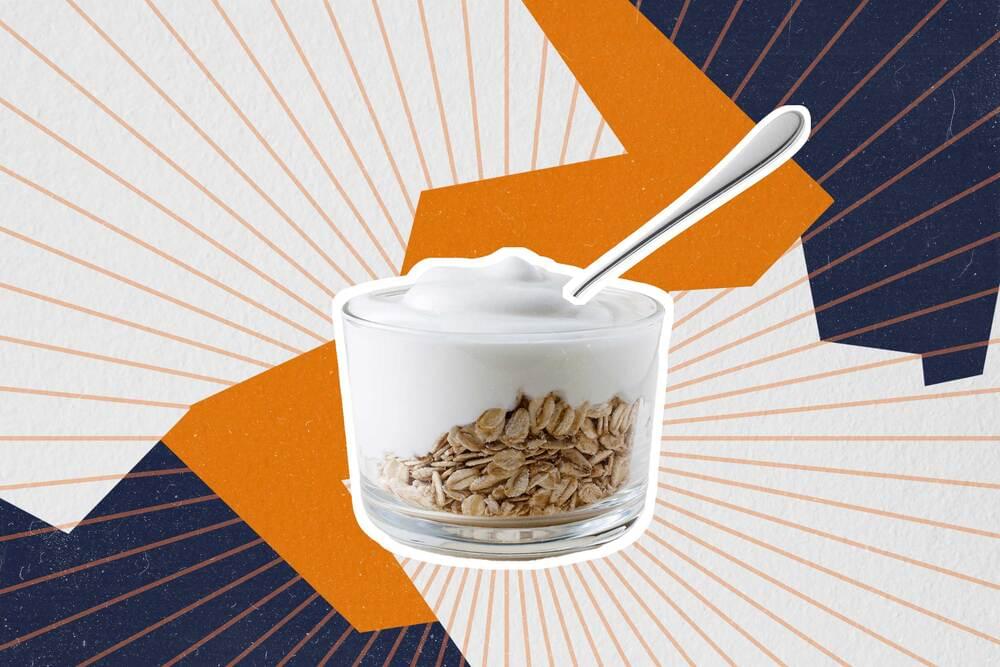
The way to Better Mental Health may go through your Stomach
University of Virginia School of Medicine researchers have discovered how Lactobacillus, a bacterium found in fermented foods and yogurt, helps the body manage stress and may help prevent depression and anxiety.
The findings open the door to new therapies to treat anxiety, depression and other mental health conditions.
UVA researcher Alban Gaultier and collaborators say the discovery is notable because it pinpoints the role of Lactobacillus, separating it out from all the other microorganisms that naturally live in and on our bodies.


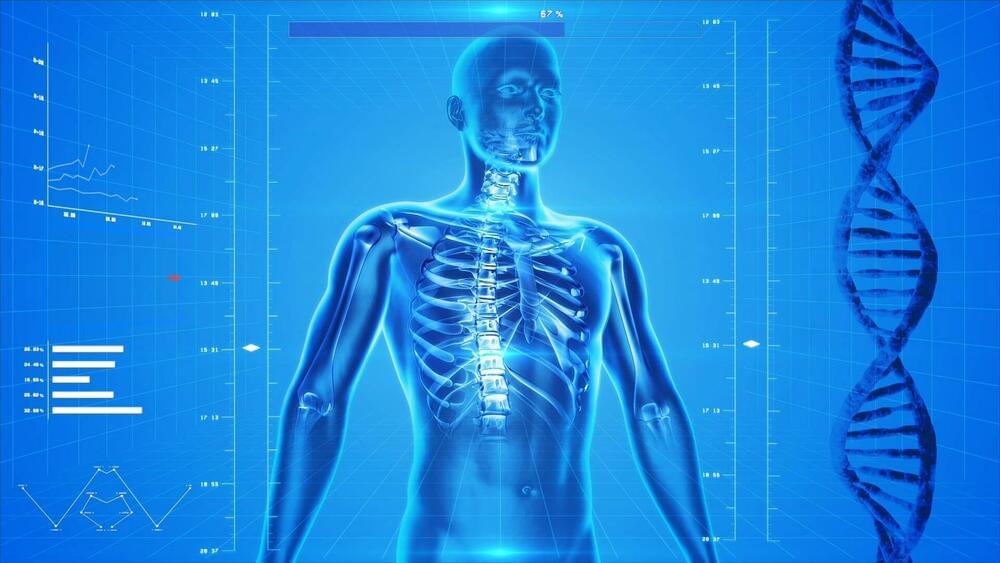
PFAS exposure linked to decreased bone health in adolescents and young adults
Per-and polyfluoroalkyl substances (PFAS), manufactured chemicals used in products such as food packaging and cosmetics, can lead to reproductive problems, increased cancer risk and other health issues. A growing body of research has also linked the chemicals to lower bone mineral density, which can lead to osteoporosis and other bone diseases. But most of those studies have focused on older, non-Hispanic white participants and only collected data at a single point in time.
Now, researchers from the Keck School of Medicine of USC have replicated those results in a longitudinal study of two groups of young participants, primarily Hispanics, a group that faces a heightened risk of bone disease in adulthood.
“This is a population completely understudied in this area of research, despite having an increased risk for bone disease and osteoporosis,” said Vaia Lida Chatzi, MD, Ph.D., a professor of population and public health sciences at the Keck School of Medicine and the study’s senior author.
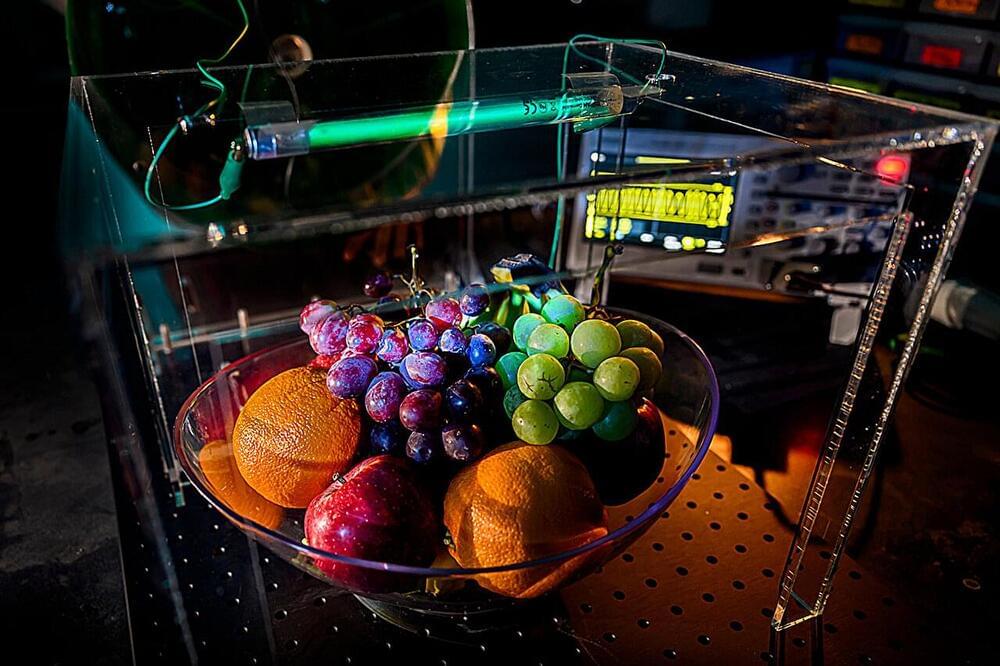
Lightning sparks scientists’ design of ultraviolet-C device for food sanitization
Scientists at the University of Illinois Urbana-Champaign have developed a portable, self-powered ultraviolet-C device called the Tribo-sanitizer that can inactivate two of the bacteria responsible for many foodborne illnesses and deaths.
The Tribo-sanitizer’s UVC lamp is powered using the triboelectric effect —electricity that is generated when two dissimilar materials come into contact. In tests, the Tribo-sanitizer successfully inactivated two potentially deadly foodborne bacteria, Escherichia coli O157:H7, and Listeria monocytogenes, mainly by damaging their DNA, according to findings published in the journal Nano Energy.
The bacteria selected as testing targets are two of the most common causes of serious foodborne illness outbreaks in the U.S. Escherichia coli produces toxins that can cause severe abdominal cramps, fever, bloody diarrhea, and kidney failure, and Listeria monocytogenes can cause listeriosis, which has the highest rates of hospitalization and mortality of any foodborne illness.

Scientists turn rise husk, recycled newspaper into thermal insulation
The material developed by researchers in Panama uses a mixture of newspaper, rice husk, borax, and glue.
Bilanol/iStock.
The construction industry ranks as the second-largest consumer of plastic globally, contributing to over a third of greenhouse gas emissions associated with energy usage worldwide. The manufacturing procedures involved in producing construction materials have detrimental effects on air, land, and water quality.

Top 9 Cat Longevity Products for 2024
Cats already have 9 lives, but what if we could give them 18? Longevity research isn’t just benefiting humans: I looked into some supplements and products that may help you extend your cat’s lifespan, or at least their healthspan.
If you proudly share a house or apartment with one or more cats, chances are you want your precious pet to live a long and healthy life. In addition to getting the basics of diet, exercise, and safety right (basically, do the opposite of the cartoon Garfield), there are many cat longevity products out there that aim to increase your cat’s lifespan.
We’ve taken the time to explore some of them, and this comprehensive list of the top nine cat longevity products is a resource you can use to discover options that may keep that furry feline of yours not only healthy but also happy, energetic, and curious for many years to come.
Our list features cat nutrition products, including longevity cat food and joint care for cats products, as well as cat supplements, and some more unconventional cat health products like pet insurance. As always, we are highlighting high-quality, science-backed products that generally have research showing at least healthspan-, if not lifespan-, extending effects.
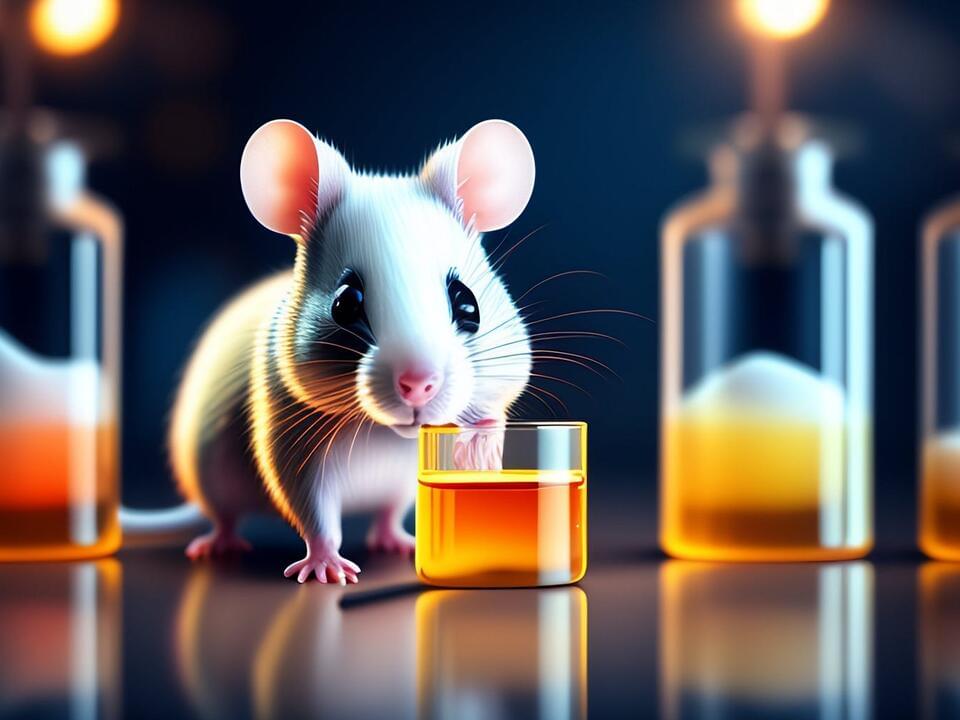
We Might Have Found a Bacterium Responsible for Depression
Could a fecal transplant pill be the antidepressants of the future?
Depression is real, and it is complex. Most conditions that affect our brain chemistry are going to be complex, and there are no easy, simple answers. We can’t cure depression by just exercising more, eating better, or taking a short vacation to recharge (although there is some evidence that getting more money, especially to lift you out of poverty, helps relieve depressive symptoms).
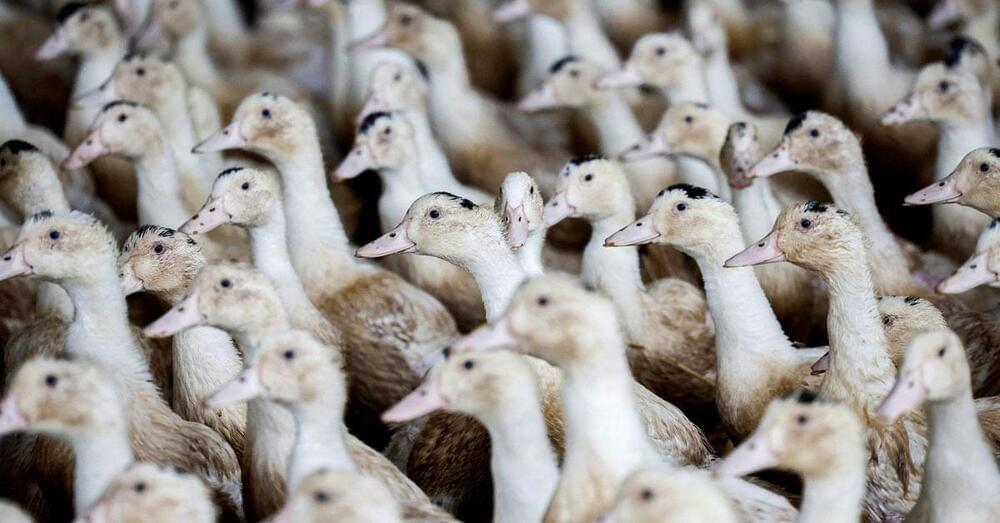
France on ‘high’ alert for bird flu after new cases detected
PARIS, Dec 5 (Reuters) — France raised the risk level of bird flu to ‘high’ from ‘moderate’ on Tuesday after new cases of the disease were detected, forcing poultry farms to keep birds indoors to stem the spread of the highly contagious virus.
The decision by the agriculture ministry was published in the Official Journal on Tuesday.
Avian influenza, commonly known as bird flu, has led to the culling of hundreds of millions birds worldwide in recent years.